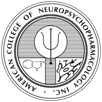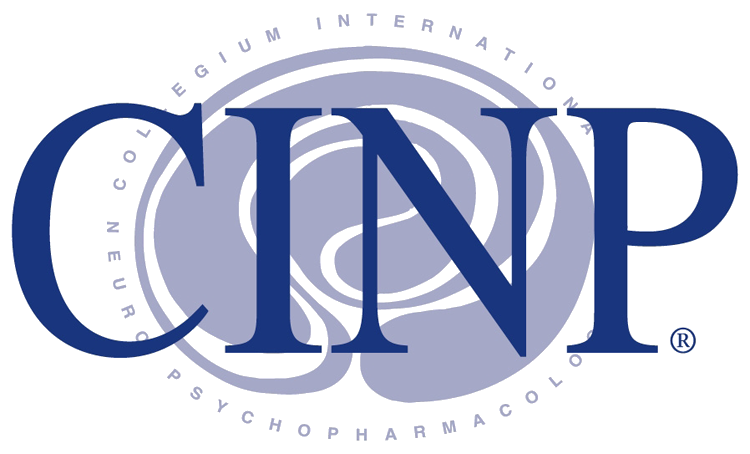How To Find The Best Psychiatrist In NYC

Finding the best psychiatrist for you can be a difficult task. It has been said that the best psychiatrist is one that you are happy with, though it is also important to find a doctor that helps you make progress and achieve the goals you set out to accomplish with therapy. Dr. Ronald R. Fieve M.D., PC is a highly experienced psychiatry center, that specializes in the treatment of Clinical Depression, Mood Disorders, Bipolar I and II Disorders, General Anxiety Disorders, and PTSD. Following are ten recommendations for helping you find the best psychiatrist for your needs in NYC.
1. Get Referrals
Asking your primary care doctor for a referral can be a good place to start when looking for a psychiatrist. If you feel comfortable, you can also ask friends or family members that you confide in if they have any psychiatrist recommendations. Word of mouth can often be a helpful way to start researching potential doctors.
2. Check Credentials
It is important to research psychiatrists’ credentials before making an appointment. An important factor to consider is board certification. A psychiatrist’s or nurse practitioner board certification confirms that he or she has had the necessary training and skills in order to be working in the field of psychiatry. Beside Dr. Fieve himself, the team at Ronald R Fieve, MD, PC is comprised of six board certified psychiatrists/nurse practitioners.
3. Consider the Psychiatrist’s Experience
When struggling with mental health issues it is ideal to consult with a practitioner that has experience. Furthermore, it is important for the doctor or nurse practitioner to have experience with the specific condition or issue you are facing. Apart form research, ask any doctor or nurse practitioner you make an appointment with directly about his or her patient experience.
4. Consider Communication Style
In order for therapy to be productive you have to feel comfortable talking and asking questions with your psychotherapist. It is important to trust your instincts and evaluate if you feel at ease speaking about intimate and personal issues. Evaluate if your doctor or nurse practitioner is welcoming and open when you ask questions or raise any concerns.
5. Do an Interview First

If you think you may have found the right psychiatric practitioner for you, make an appointment to consult with the psychiatrist or nurse practitioner. This can be an important step in deciding if this psychiatric specialist is best for you. Make sure to ask questions about issues that are important to you, such as treatment plans, medication, scheduling and any other factors that are significant to your success.
6. Read Reviews
can be a factor when finding the right psychiatrist or psychiatric nurse practitioner. Some reviews may be about logistical issues like scheduling appointments and wait times, while others might provide insight into how well patients trust a doctor or how transparent communication is between the practitioner and patients.
7. Prepare for the first meeting
Once you have made an appointment to meet a doctor, make sure you are prepared for the meeting with what you’d like to ask or say beforehand. This will help in case you become nervous about this first meeting. It might be useful to have a summary of the issues that led you to make the appointment so that you can decide if this particular doctor is able to help.
8. Take the time
The patient/doctor relationship may take time to develop. It may also take time and many sessions in order to achieve one’s goals when starting a therapeutic relationship. Therefore, it is worth it to take the time to research and consult with the psychiatrist or psychiatric nurse practitioner to be sure you have found the correct practitioner for your needs.
9. Respect
When searching for the right psychiatrist or nurse practitioner it is vital that respect goes both ways. As a patient it is important to respect one’s practitioner but it also imperative that the practitioner you are seeing respects your opinions as well. This allows for a positive relationship to be built and encourages healthy doctor/patient collaboration.
10. Treatment preferences
Finally, when deciding which psychiatrist or nurse practitioner is best for you, you may want to discuss treatment preferences. If you have certain ideas about what types of treatment you would prefer then it is best to discuss this at the start of the process. While you want to ensure that your psychiatrist or nurse practitioner respects your treatment preferences from the start, this can also be helpful in the future when moving forward with treatment plans or procedures.
















